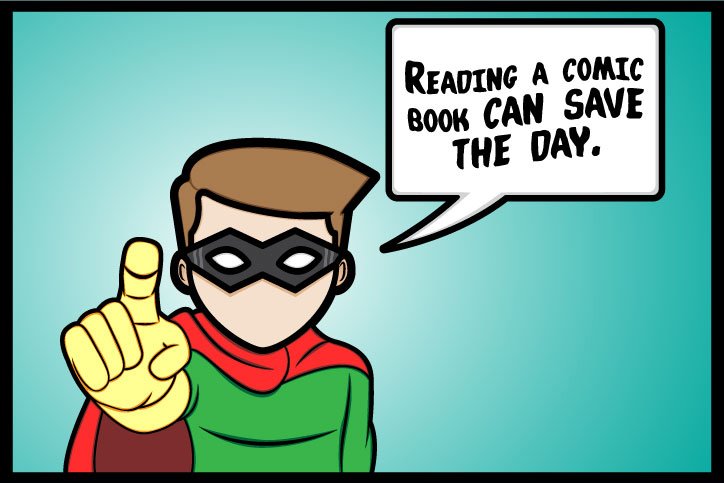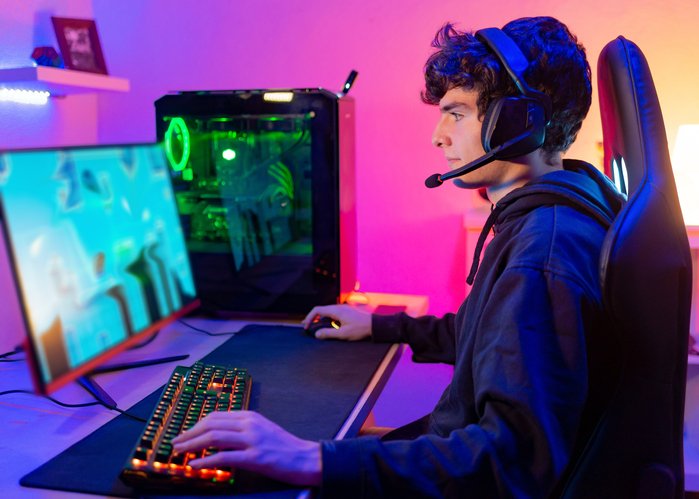Negotiation games in the classroom are a very useful tool for the formation of citizenship competencies, understood as the capacity to manage conflicts peacefully and constructively.
In-class negotiation games are defined as a series of interactive, multiplayer challenges that simulate diverse ethical and moral dilemmas in controlled digital environments. They comprise a pedagogical exercise based on game theory, in which each challenge places students as the actors responsible for their own learning by recreating virtual scenarios, for example: black markets, such as small-scale drug dealing, and negotiation, reputation or trust scenarios, among many others.
Under this system, the students make decisions and relate them to a more general situation, such as: Is the high price of drugs on the black market the result of government policy? Is corruption inherent to human nature? When participating in a negotiation, should we view the other party as a rival or an ally? Can better-informed people take advantage of this to deceive? There are no right or wrong answers, which fosters discussion on understanding the dilemma through the empirical evidence.
“Negotiation games in the classroom allow to simulate ethical and moral dilemmas in controlled digital environments. They are a very useful tool for the formation of citizenship competencies.”
This didactic method seeks to create an environment that promotes the generation of citizenship competencies, understood as the capacity to manage conflicts peacefully and constructively. Living in a society implies accepting that we are surrounded by people who actively make decisions that interact with ours, influencing what we think and do, and affecting the quality of life of the community. From this perspective, studying conflict and cooperation assumes the acceptance of the idea that the majority of interactions are essentially negotiation situations. Therefore, thinking strategically implies putting oneself in the other person’s shoes and asking: What will others do and what should I do in a concrete situation?
Game theory and experimental economics serve as the standard for designing negotiation games, since they provide valuable conceptual and methodological tools. Game theory is an area of applied mathematics that models decision-making in strategic interaction environments. Therefore, it studies the optimal strategies and the predicted and observed behavior of individuals in formalized incentive structures. In this regard, an economics experiment consists of recreating a situation in which a group of people make a series of decisions to record and systemize them.
“Negotiation games foment the students’ ability to act autonomously, in accordance with universal principles, social norms and with the use of technological tools.”
At present, work is being conducted on the design of 11 different negotiation games, organized in the same order in which the theoretical concepts are presented in the book “The Art of Strategy” (Dixit and Nalebuff, 2010). The following examples describe the games and display the key concepts and moral dilemma.
Table of negotiation games in the classroom by Luis Alejandro Palacio García
Based on the aforementioned elements, we have consolidated the following educational activity which consists of five sequential and complementary steps:
- The student is placed in a moral dilemma.
- The game instructions are given.
- Changes are made in the variables to evidence changes in behavior.
- A group debate is fostered around motions.
- The activity minutes are submitted.
Students understand that this is a somewhat artificial situation in which the only explicit rules are given by the instructions and the individual goal is to earn the highest number of points. Each participant chooses one of several options, each of which offers the chance to win points, depending on their decisions and also on what the others do.
Finally, for the course assessment, a series of documentaries have been selected that offer an overview of the dilemmas which can be addressed through the concepts of game theory. All the videos present controversial situations that require the assessment of the arguments exposed, so that the students can form their own opinion and reach their own conclusions. This foments the development of the capacity to act independently, in accordance with universal principles, social norms and the use of technological tools.
If you would like to find out more about this topic or if you have any questions, ideas or suggestions, please do not hesitate to contact me.
About the author
Luis Alejandro Palacio García is a full professor at Universidad Industrial de Santander and holds a Ph.D. in Empirical Economics. Together with the EMAR research group, he is seeking to establish cooperation networks to generate knowledge on teaching-learning in economics and consolidate the EMAR-LAB laboratory, which aims to understand individual decisions in strategic interaction contexts and their consequences on the observed behavior.
This article from Observatory of the Institute for the Future of Education may be shared under the terms of the license CC BY-NC-SA 4.0 
)
)













)